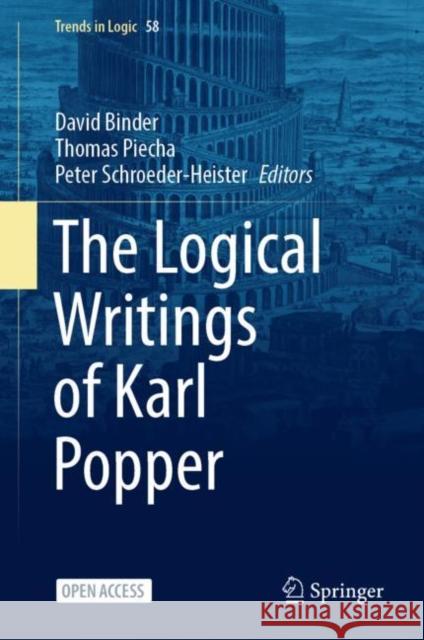The Logical Writings of Karl Popper » książka
topmenu
The Logical Writings of Karl Popper
ISBN-13: 9783030949259 / Angielski / Twarda / 2022 / 552 str.
The Logical Writings of Karl Popper
ISBN-13: 9783030949259 / Angielski / Twarda / 2022 / 552 str.
cena 201,24
(netto: 191,66 VAT: 5%)
Najniższa cena z 30 dni: 192,74
(netto: 191,66 VAT: 5%)
Najniższa cena z 30 dni: 192,74
Termin realizacji zamówienia:
ok. 22 dni roboczych.
ok. 22 dni roboczych.
Darmowa dostawa!
Kategorie BISAC:
Wydawca:
Springer Nature Switzerland AG
Seria wydawnicza:
Język:
Angielski
ISBN-13:
9783030949259
Rok wydania:
2022
Ilość stron:
552
Wymiary:
23.5 x 15.5
Oprawa:
Twarda
Dodatkowe informacje:
Wydanie ilustrowane











